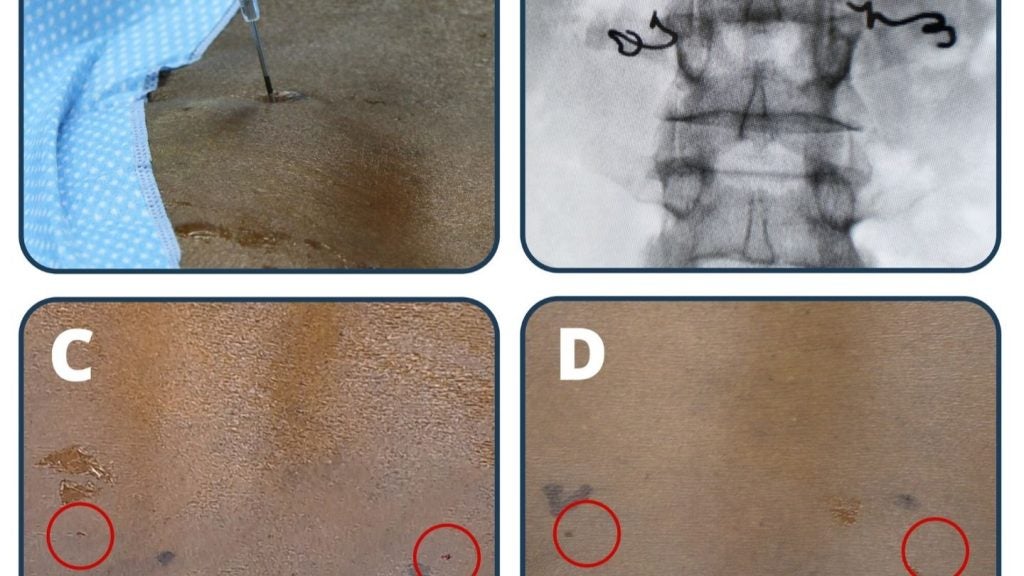
A new clinical trial by Imperial College London has validated the use of their breath test as a first-line diagnostic to identify oesophageal and gastric cancer.
The test has been designed to detect chemical compounds called volatile organic compounds (VOC), which produce a distinctive smell to the cancer patient and can be detected in their exhaled breath.
During the multi-centre trial with 335 subjects, the team reported the successful identification and quantification of the number of VOCs in breath samples by using mass spectrometry.
The researchers said that the non-invasive test can detect cancer from benign diseases with 85% accuracy. They hope that their test can aid clinicians in deciding if a patient needs further investigations.
Imperial College London professor George Hanna said: “We have been able to validate our cancer breath test for oesophageal and gastric cancer on a larger group of patients from multiple centres for the first time.
“There is a real need for early detection of cancer when symptoms are non-specific and shared by benign diseases. Our breath test could be used as a first-line test before invasive investigations.”
How well do you really know your competitors?
Access the most comprehensive Company Profiles on the market, powered by GlobalData. Save hours of research. Gain competitive edge.

Thank you!
Your download email will arrive shortly
Not ready to buy yet? Download a free sample
We are confident about the unique quality of our Company Profiles. However, we want you to make the most beneficial decision for your business, so we offer a free sample that you can download by submitting the below form
By GlobalDataBoth gastric and oesophageal cancers are commonly detected in the advanced stages when curative treatment may not be possible.
These cancers are usually diagnosed through an endoscopy that is considered invasive, with only 2% of patients taking the test found to be affected by the cancers.
The researchers expect that as a first-line diagnostic, the test will help some patients to avoid unnecessary invasive procedures.
They are working on further improving the test and planning a larger trial to confirm the findings in GP surgeries, where the test is intended to be used. The team also wants to evaluate the test for other cancers.





